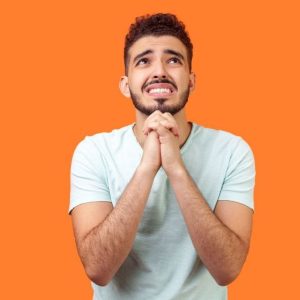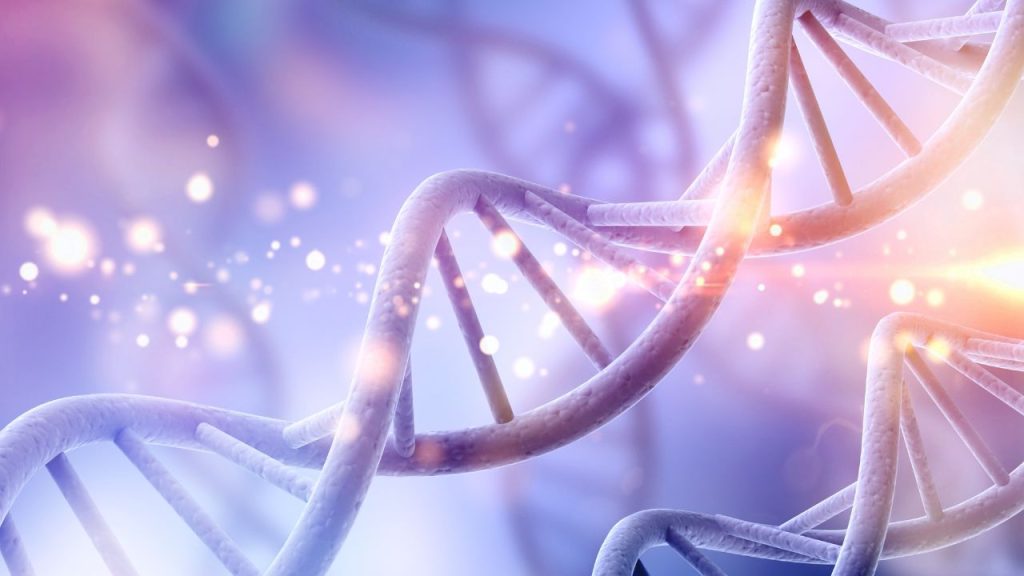
Our unique gifts and individual purposes in life can be both thrilling and challenging to uncover. In this post, we will embark on a journey of self-discovery, examining how our childhood experiences can offer valuable insights into identifying our purpose. We will explore how our environment has shaped our unique skills.
This post is part of the free course of uncovering your purpose that aims to guide you uncover your authentic gifts and express yourself fully.
How do we uncover our gifts by looking at our childhood environment?
When looking back at your environment growing up, notice what it was in your environment, in your home, that made you ”having to do certan things” and practice certain skills. I’m using air quotes, because ”having to” refers to as things you did repeatedly to feel better, to feel more comfotrable and to feel more safe – to feel good.
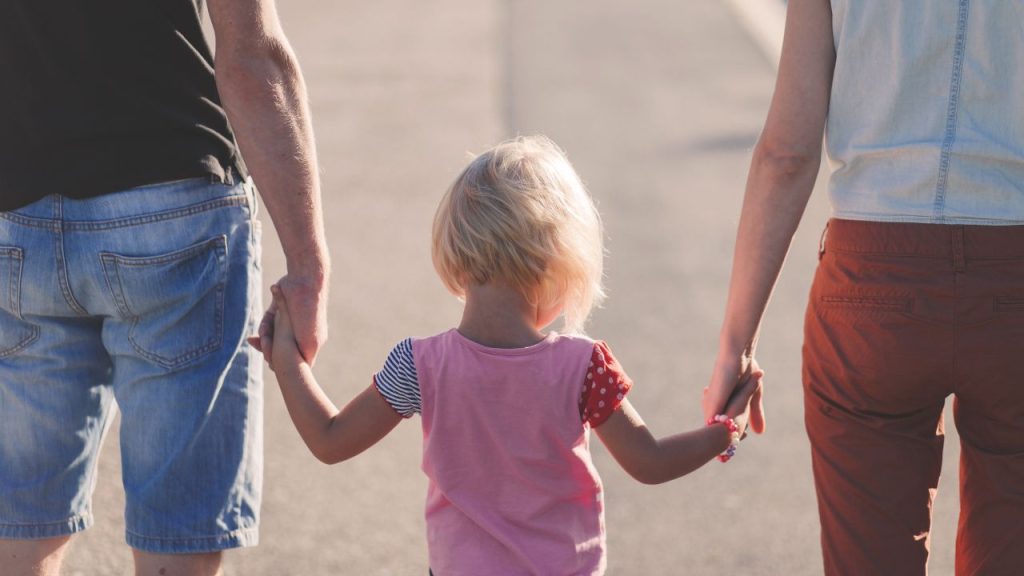
Do we already have some personality traits coming into this world?
My belief is that we already have the gifts coming into this world on an energy level and in our spirit. However, our personality traits and our gifts need to be embodied and integrated into our DNA and mind, and they become embodied through experiences and our environment.

You do not need to be spiritual to use this process and mindset to your advantage
Even if you don’t share my belief. You will still find this helpful because even if you dont belive in the soul partly already having a personality coming into this world, you can still explore the skills you developed though repeated actions. skills that became part of us and that is so natural to us that we might be blind to them not understanding how valuble and important they are.
Or you simply are stuck in just seeing the negative aspects of these gifts without understanding how they can be used in a positive aspect for you and the people in your life.

I help you turn the parts of you you believe are negative into superpowers
This course also highlights the struggles with specific gifts, such as being a leader or a nurturing person or having a high level of sensitivity, and provides insight and tools on how to turn this into a superpower. For most of my life, I considered my high sensitivity a curse, but today, I have embraced it, and it makes my life so much better just by changing my mindset.
Skills and epigenetics
Even if we have certain genes in our DNA responsible for specific traits, it doesn’t mean those genes are always active. It’s our environment that determines whether certain genes are turned on or off. This process of gene expression is known as epigenetics, which refers to the activity of genes rather than the genes themselves.
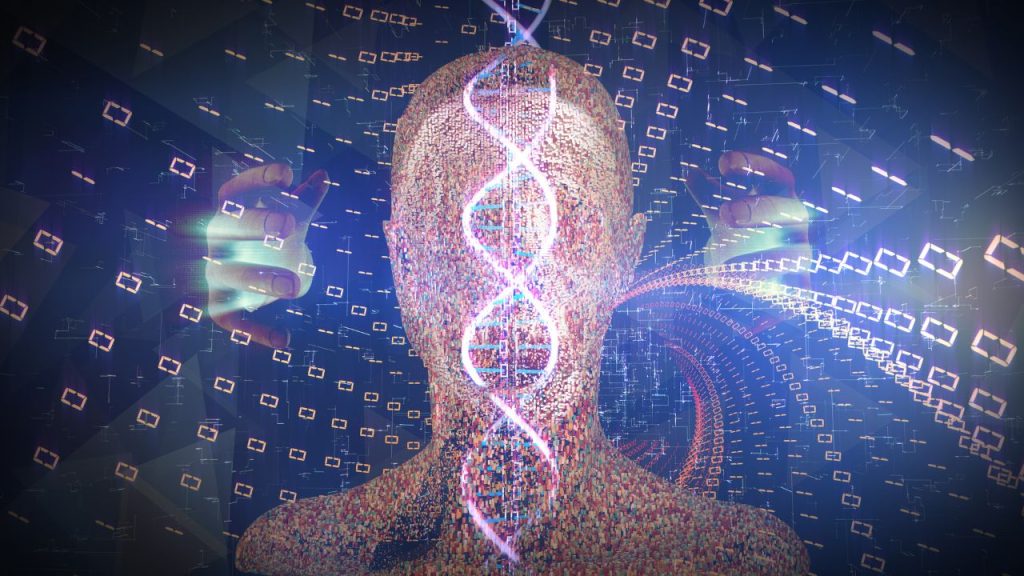
For example, if you, as an adult, are highly sensitive, this skill or sense developed because your environment required it. Your body developed this sensitivity because it was beneficial for you.
If you grew up in an environment where you always felt loved and safe, you may not develop a sensitivity to energy, moods, or the unspoken feelings of others. Being in a setting that required you to be a bit of a detective—reading rooms and understanding the unexpressed emotions—would have been beneficial for you.
Our emotions, in their chemical forms, act as a communication bridge between our environment and our DNA. This interaction impacts the activity within our DNA and ourselves. As mentioned earlier, this field of study is known as epigenetics, and it is quite fascinating.
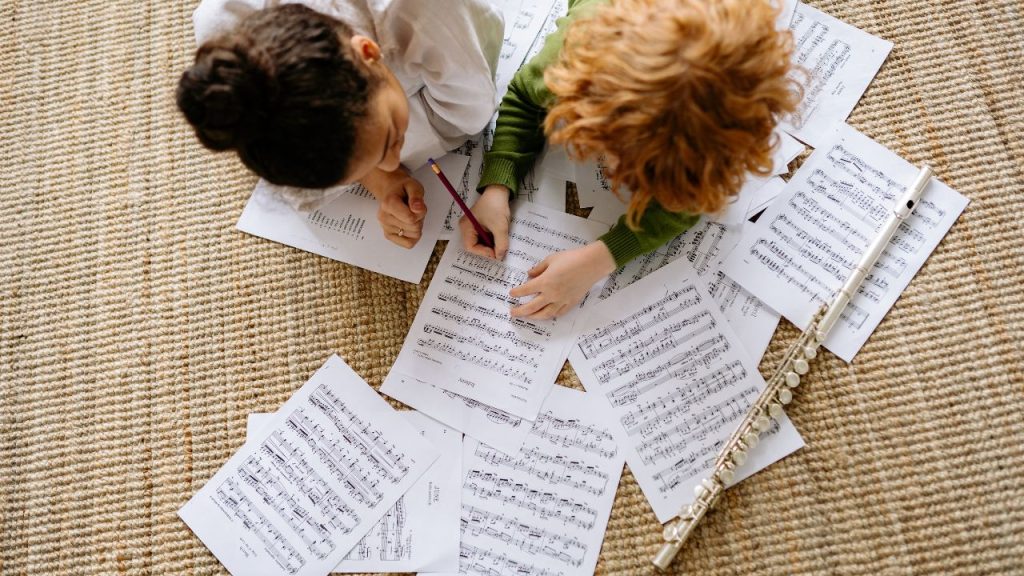
How different skills can be developed and practiced
The organizer
Perhaps you grew up as the oldest among many siblings, and it was a bit chaotic. To feel better, you needed to bring some order to the situation. As a result, you became skilled at creating systems that provided you with a sense of safety and well-being. This experience may have given you the valuable gift of being an organizer and administrator, which is a wonderful gift and asset to have.
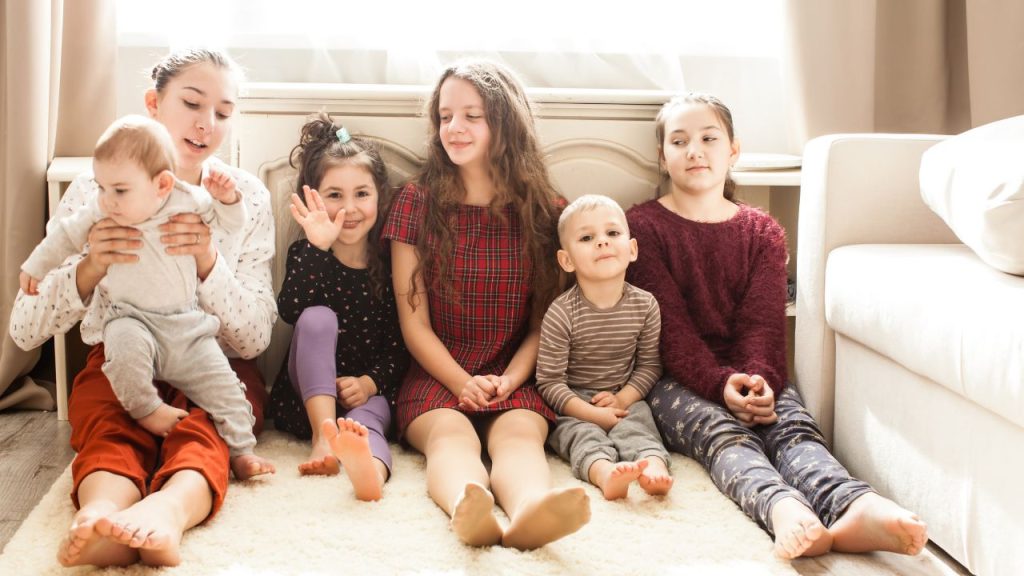
The leader and/or detective
If you grew up with busy parents, you may have felt their absence and found it hard to rely on others. Perhaps you needed to grow up really fast. This experience may have created a strong sense of independence and leadership within you as you had to navigate life on your own. As a result, you might also have developed a strong intuition and heightened sensitivity.
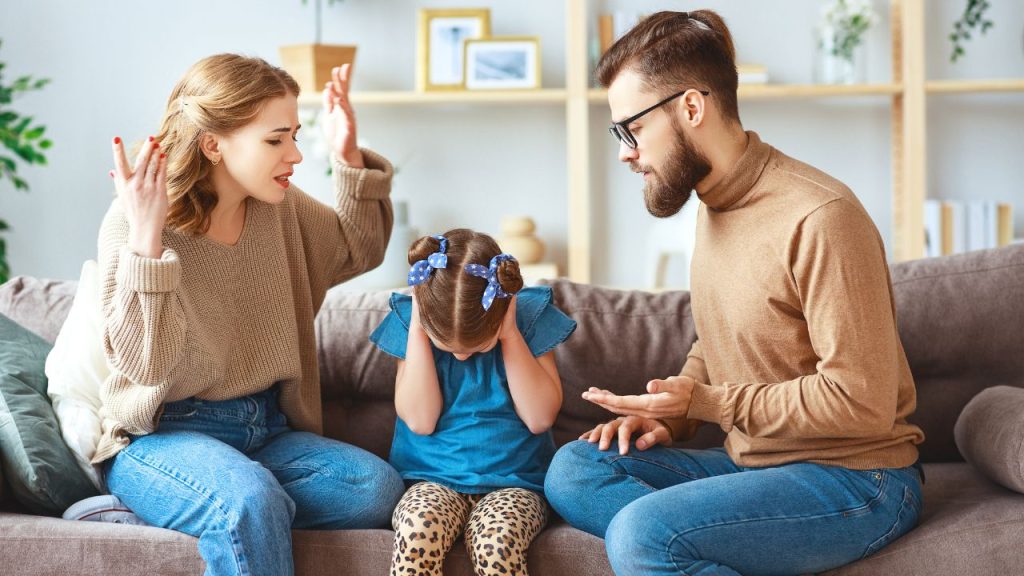
As I mentioned earlier, this sensitivity is a gift, an amazing one! However, many people do not see it that way because it interfears with the need we have to feel like we fit in, are liked and part the tribe. But the majority of the tribe are followers, and if you have the gift of being a leader, you are not a follower. And you may not feel like you fit in because you are not suppose to.
A leader is someone who thrives on self-reliance; this independence doesn’t come from conforming to others’ expectations. Instead, it comes from following your own path rather than confirming to what others say you should do.
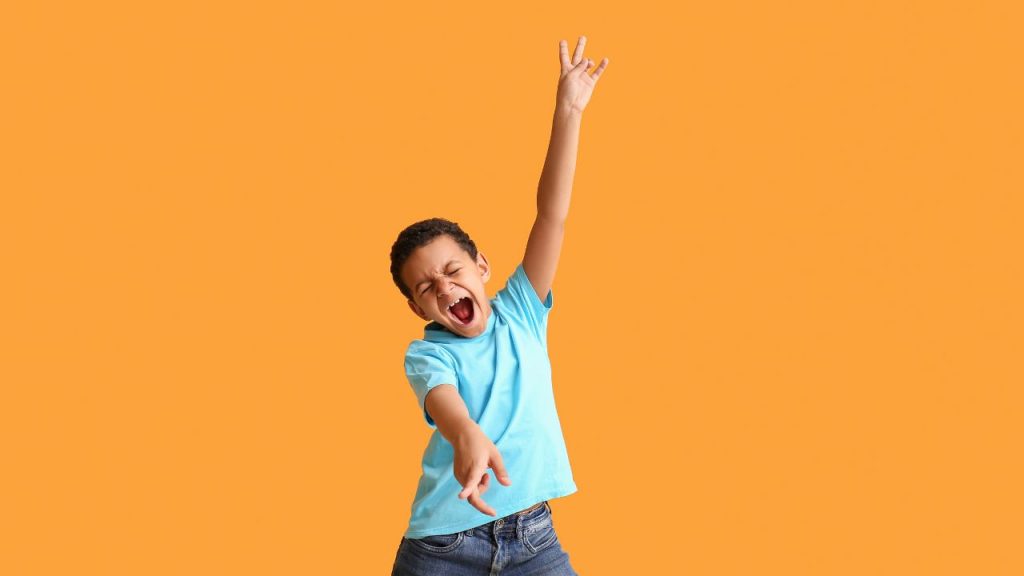
The speaker
Perhaps you grew up as the only girl amongst several boyes, and you really had to practice getting your voice heard. You might have the gift of speaking and having a voice since that is what you repeatantly practice and cultivated growing up. It just comes so naturally to you. Now when you’re an adult, you know exactly how to make people listen to you, how to make your voice always heard.
Disclaimer: Our gifts can be used for both goodness and destruction. Just because we have gifts doesn’t mean we will use them in a particularly nice way. That is the challenge of our free will as human beings.
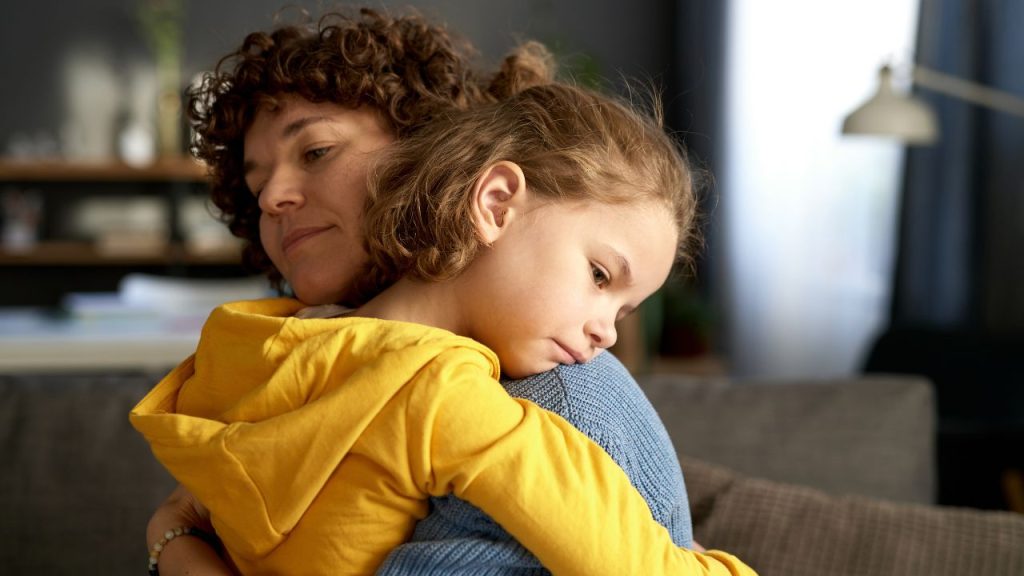
The nurturer
You may have grown up with emotionally immature parents, or you might even have had a narcissistic mother or father (I prefer not to use labels like that, but I also want to make this understandable in the easiest way possible.). These individuals focus on themselves and their needs. If you experienced constant statements like, ”What about me? What about my feelings?” ”You are so spoiled you should be grateful.” You likely learned that their needs were more important than your own.
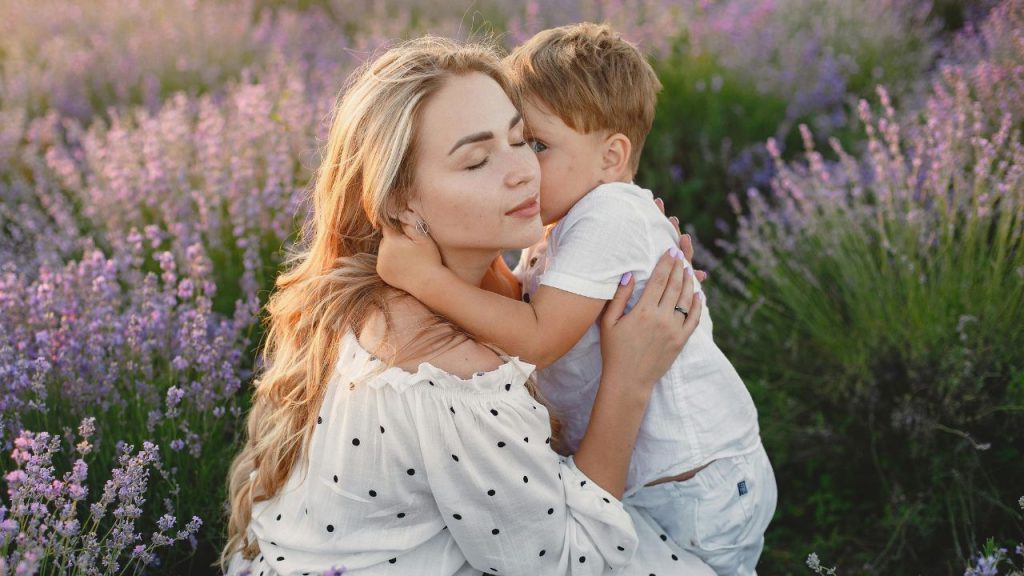
As a result, you may have developed the habit of making life about others and neglecting your own needs. You became an empath and a nurturer who is excellent at knowing what other people need. You might have acquired skills to make your mother feel more regulated and happier or to help your father feel calmer and at ease, all in an effort to create a safer environment for yourself.
These behaviors in others is however challenging to deal with. As most of us do, regardless of childhood, we need to spend some time doing inner child healing work, to heal this hurt inner child of ours.
The peacemaker and diplomat
Perhaps your dad may have become very angry easily and lacked the ability to self-regulate. This could also apply to a mother. As a result, you took on the role of peacemaker, developing the skill to recognize people’s needs and nurture them towards harmony. You learned to mediate and resolve conflicts, often at your own expense.
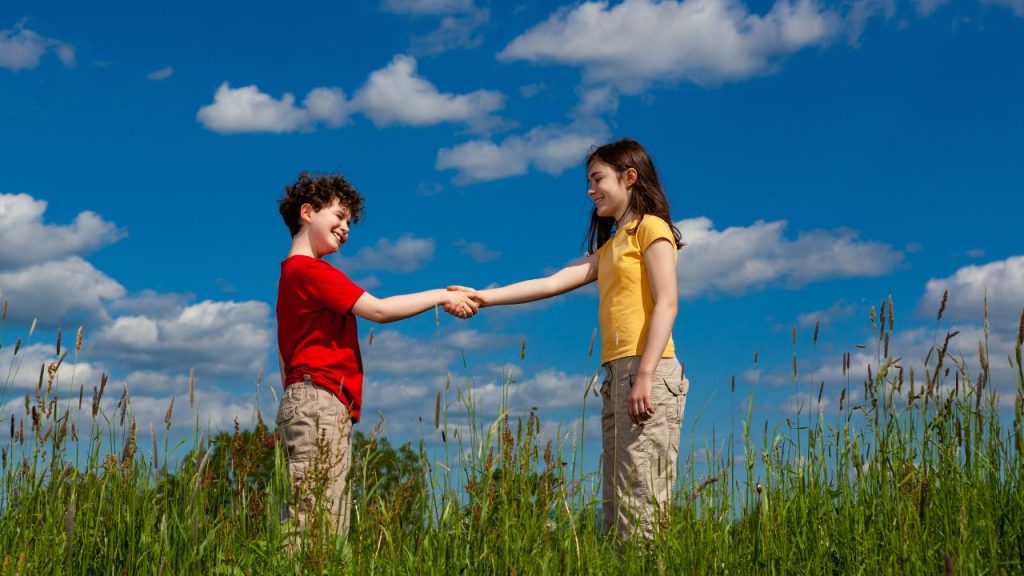
As children in such situations, we strive to create peace around us, but doing so can lead to internal chaos because we ignore our own needs in order to feel safe. However, this adaptability was essential for your survival. In fact, it’s a remarkable skill that can make you, for example, an excellent diplomat, peacemaker, or relationship counselor.
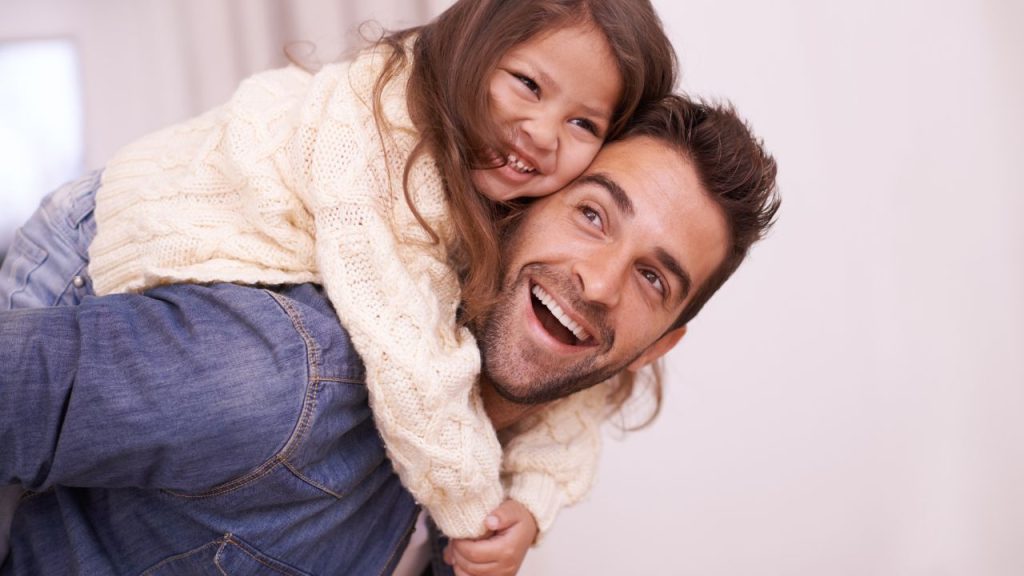
The helper, the healer, the uplifter
Perhaps you had a mother or a father or a sibling that was sick a lot. So, you develop excellent skills in helping, healing, and nurturing.
Perhaps you became really good at making people laugh, making people feel good, being the light in people’s lives, spreading joy, spreading love.
It’s an amazing skill, but it becomes destructive if we do this later in life for the wrong reasons, out of survival, out of guilt and fear, just because that is what we used to do. So, we need to be very conscious of that during our life journey.

The important mindset shift is to use our gifts for fulfillment rather than survival, as we did when we were children.
To practice these gifts in a fulfilling way, we need to make peace with our past and stop using these skills for survival. It doesn’t happen overnight; it’s a process. Instead of survival purposes, we start practice them because we genuinely want to be of service and care, and because it feels good. This is the shift we need to make.
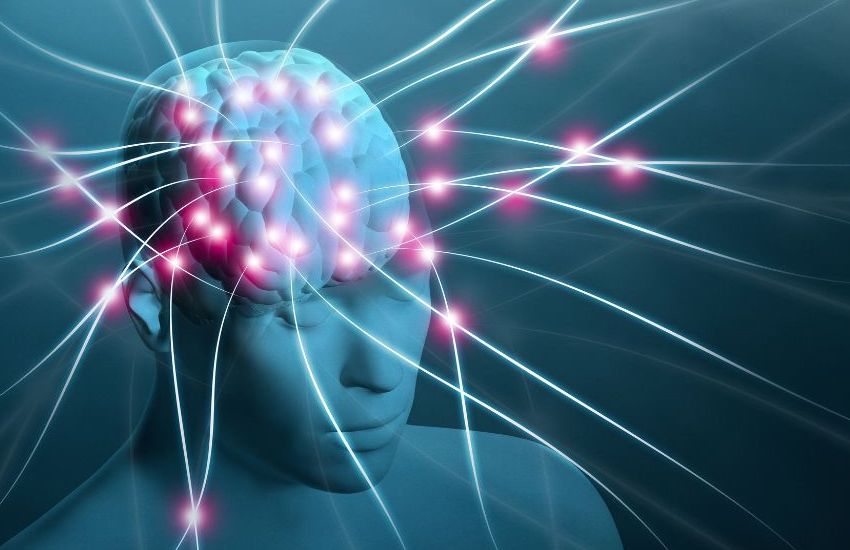
Without discernment, empaths face significant challenges.
One of the biggest gifts, which I will talk about later, is the gift of discernment. We need to discern where to practice our gifts and to whom we should offer them. Only because we can create peace, only because we can nurture, only because we can lead, help, and be compassionate everywhere doesn’t mean we should. Because if we do, we gonna feel used, we gonna get burned out, we gonna feel tired, exhausted, we gonna create resentment.
You might think you are doing other people a favor, but you don’t
And if we walk through life feeling like we always have to step in because we can, we’re also hindering other people’s development because sometimes people need consequences and they need to learn how to solve conflicts by themselves. And we prevent that process from happening by always stepping in.
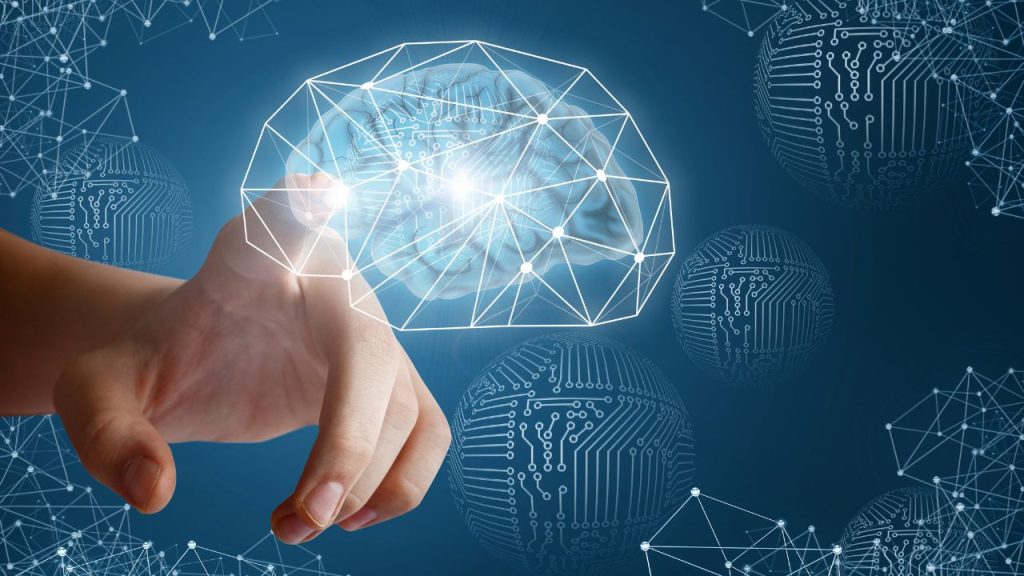
Many live limited lives due to considering themselves as victims in their childhood
I truly believe that the biggest mistake that people make is that they view themselves as a victim of their childhood. They identify too much with their traumas. I used to do that because I saw that demonstrated a lot to me, and I also felt love and affection when doing so. Much more than when I embraced my inner power and took accountability.
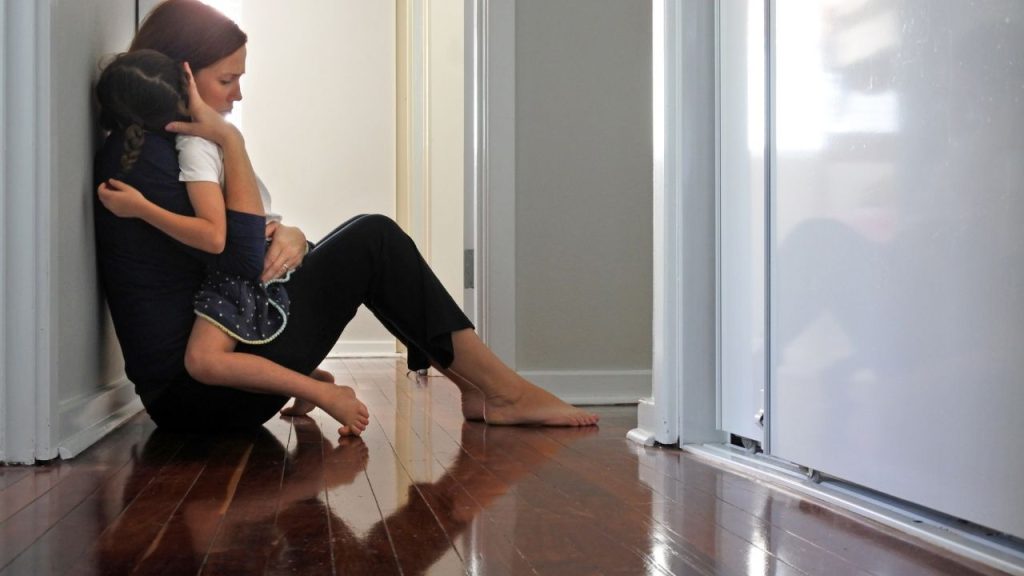
Inner child work/healing
And this is not to gaslight anyone’s painful experiences. Everyone has painful experiences, more or less. And part of the healing journey is to look at those, to let them arise and to give us so much compassion, so much love, and to just look at that little boy or girl us in our childhood and just pour so much love, so much compassion and say to ourselves, to this little girl or boy that you deserved so much better than to go through that pain.
You deserve to have people showing up for you in a wholehearted, caring way. You did deserve to be a child, to play, and to be loved.

Reparenting ourselves like this can be labeled as inner child healing, where we repair it ourselves when we show up for our hurt inner child in a way that our environment and the adults didn’t do.
An unaddressed inner child runs our future relationships
And our inner child is like a sub persona that is always part of us. And if we have a hurt inner child that is not addressed, that is not seen, that is not heard, that will affect our future and our relationships massively.
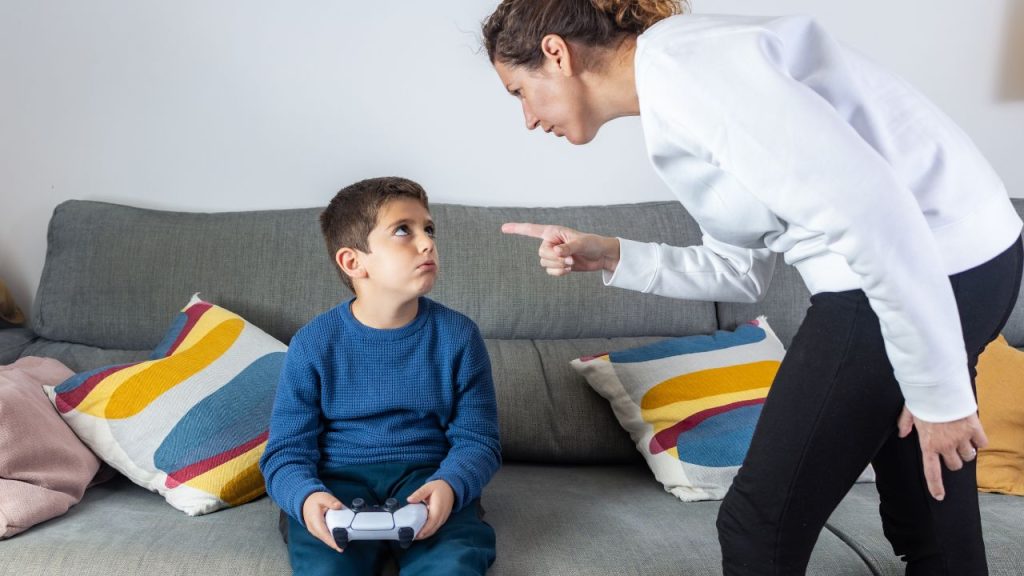
As children, we are victims
And when we are children, we are victims to our environment, we were powerless. But it’s so important to not get stuck in that mindset and to not go through our whole life being angry, being resentful, feeling mistreated, feeling the pain cost in our childhood or perhaps not even childhood, perhaps just first experiences.
Forgive or not forgive?
Forgiveness means different things to different people. I don’t think we need to forgive in the sense of saying, ”What you did was okay.”

What I believe we need to do is release the painful emotions associated with the events because otherwise, we will remain victims of this person’s actions our whole lives. We will drag that pain and bitterness into our future. Because if we hold that much pain, that resentment from our past, we are going to create our future with that same feelings.
So we don’t have to forgive in a sense of saying ”thats all good”, some things are unforgivable. I’m not going to take that away from anyone, but releasing he emotions of bitterness, resentment, and guilt is crucial to be free.
Can you forgive the unforgivable?
In my experience, it is extremely liberating to forgive the unforgivable. Some spiritual traditions claim that the purer your heart becomes, the more difficult it is to judge others and their actions. I believe there is truth to this, as it relates to looking within and recognizing our own faults—how we sometimes do not always get everything right. We begin to connect and see similarities with the person who hurt us instead of simply judging and blaming them. This is, however, something I have come to realize over the past year, which I was not able to understand two years ago. For me, this has been incredibly liberating.
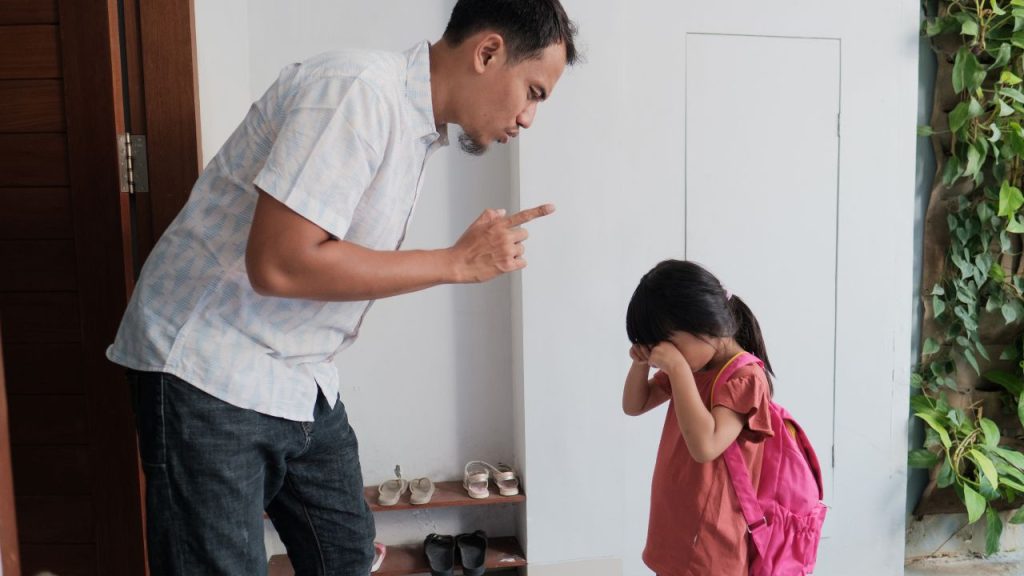
We do not need to hunt for healing because our wounds are mirrored in our relationships
We don’t need to hunt healing. We are always mirroring ourselves and our hidden wounds in other people; that is how we know they are there.
If you, for example, need to heal an abandonment wound, that wound will arise in your relationships through triggers and give you the opportunity to actually see it, observe it, and heal it. You face your shadows and inner darkness, and this is the way to freedom because your unhealed wound keeps you a prisoner in your unconscious cage of limiting beliefs.
This process is not a quick fix but it it necessary. So give yourself love, give yourself acceptance and compassion. A successful mindset to embrace is to go through these difficult events, continuously asking yourself: What do I need to learn from this?
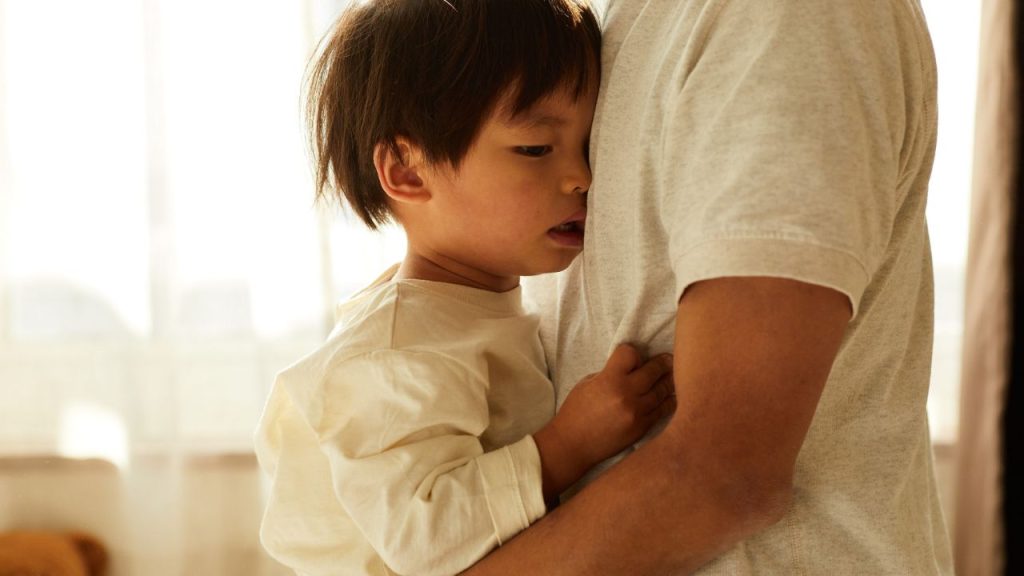
After some healing, it is time to step into your true power
After we’ve done some healing and processed our experiences—whether that means taking time to grieve or reflecting on our past—it’s important to recognize that this journey looks different for everyone. For some, it takes a considerable amount of time, while for others, it’s a quicker process. However, I want to emphasize that at some point, we need to stop identifying with and viewing ourselves as victims of our childhood experiences. Because it limits our lives and keeps us prisoners in our own minds.
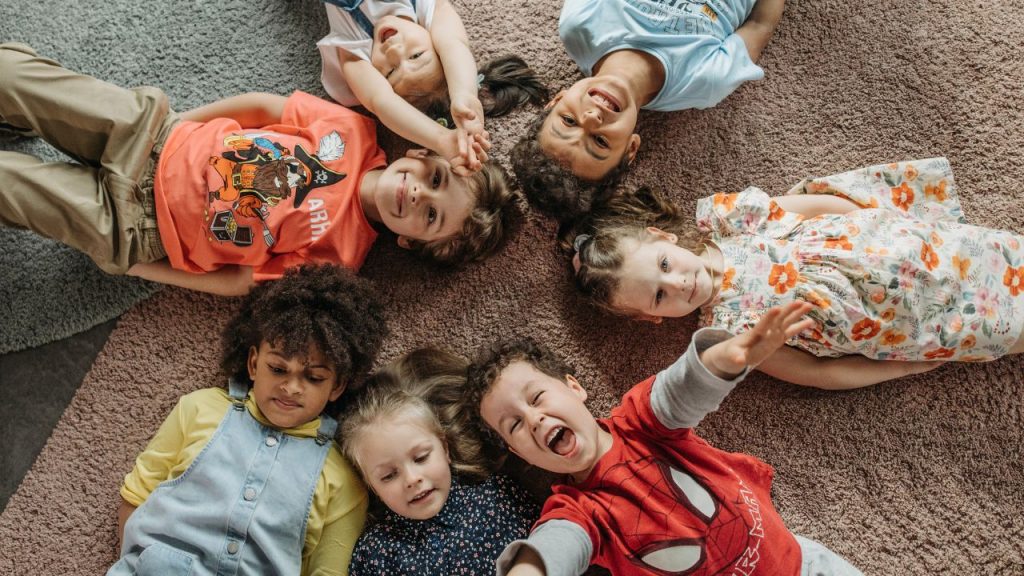
Choose an empowering story
Our childhood shaped who we are today. The knowledge, wisdom, and talents we possess are a result of our upbringing and the environment in which we grew up. Our experiences challenged us to practice and excel in certain areas, helping us develop skills and discover our unique gifts.
When you feel gratitude for your painful experiences, you are free!
When we shift our perspective and say, ”Thank you, childhood. Thank you, universe, or God, for placing me in an environment that helped me grow,” we begin to realize that all those years spent developing our skills and gifts were not for nothing. We practiced valuable skills that can help us live fulfilled life and walk in purpose – even if things were tough at times. There’s so much strength in being grateful for the challenging experiences we’ve faced!
Imagine a world where everyone could do that—release their pain and gain wisdom. For this to happen, some level of inner healing work is required. And then, we can be grateful for our past, even when it was filled with struggles, neglect, or deep pain. This helps us from:
- Hurting others because we have been hurt.
- Coloring our future with the shades of pain, resentment, and guilt.
I don’t think that is the life you want.

Perhaps you don’t hold grudges against your past, but if you do, this message is for you. We don’t learn and grow from easy experiences; we learn from the tough ones. Reflecting on the challenges we faced—saying, ”That was hard; I learned a lot”—gives us strength. There is real power in that realization.



